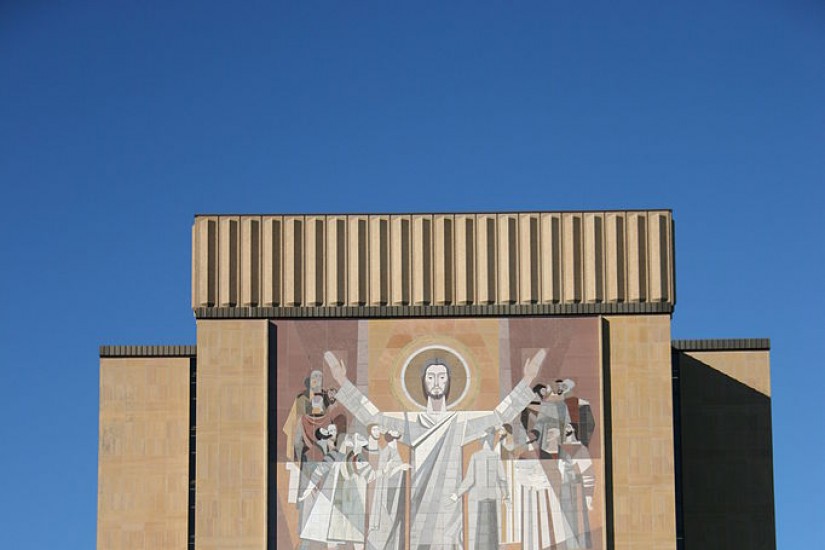The birth of the modern conservative movement coincided with the postwar growth of Catholic universities. In 1955, a pathbreaking conservative magazine, the National Review, was founded and edited by William F Buckley, Jr, a Catholic. It featured regular contributions by Russell Kirk, a convert to Catholicism, James Burnham, who was raised a Catholic, and Garry Wills, a lifelong Catholic who briefly trained to become a Jesuit. They did not speak for all Catholics, of course, many of whom voted for the Democratic Party, joined labour unions and espoused liberal ideas. Buckley’s group did however articulate ideas that were mainstream among Catholic clergy, such as a hatred of communism and opposition to church-state separation, abortion and the sexual revolution.
When evangelicals mobilised politically in the 1970s and declared a ‘culture war’ against the menace of secularism, they put aside their longstanding anti-Catholicism and reached out to Catholic conservatives. Catholics proved to be perfect partners. Unlike evangelicals, conservative Catholics could draw on research universities, law schools, medical schools, business schools and other intellectual-producing institutions in the fight against secularism. Evangelicals’ suspicion of higher education since at least the days of the 1925 Scopes trial over teaching evolution meant that they had built few institutions of higher learning. Their bible colleges and seminaries were meant to create believers and converts, not intellectuals.
One important exception was an effort by the evangelical theologian Carl Henry to build a research university in the 1950s to rival Harvard and Yale (not to mention Georgetown and Notre Dame). But Henry’s effort to raise $300 million quickly fell apart. Donors worried that the university would distract from proselytising, which they held to be far more important. They also clashed over student-conduct rules, such as whether alcohol and movies would be allowed at the new university. Evangelicals had no centralised authority to settle these disputes and, in any case, rigorous intellectual enquiry was not a priority for a tradition that argues that the basic insights of Christianity are matters of the heart more than the mind. Evangelical law schools and PhD programmes remain extremely rare in the US. Ironically, a tradition so devoted to spreading literacy saw too much learning as a potential danger.
So, Catholics contributed a disproportionate share of intellectuals and professionals for the religious Right, while evangelicals provided the bodies and the votes. Unlike the Jewish intellectuals clustered around neoconservative publications, Catholic conservatives were more reliable on cultural issues such as abortion. It is no small irony that Notre Dame has become the most important centre for the historical study of evangelicalism. In 1994, the influential historian, and evangelical, Mark Noll called the lack of rigorous intellectual activity among evangelicals a ‘scandal’. Ten years on, he celebrated ‘the increasing engagement between evangelicals and Roman Catholics’ for the ‘improved evangelical use of the mind.’
